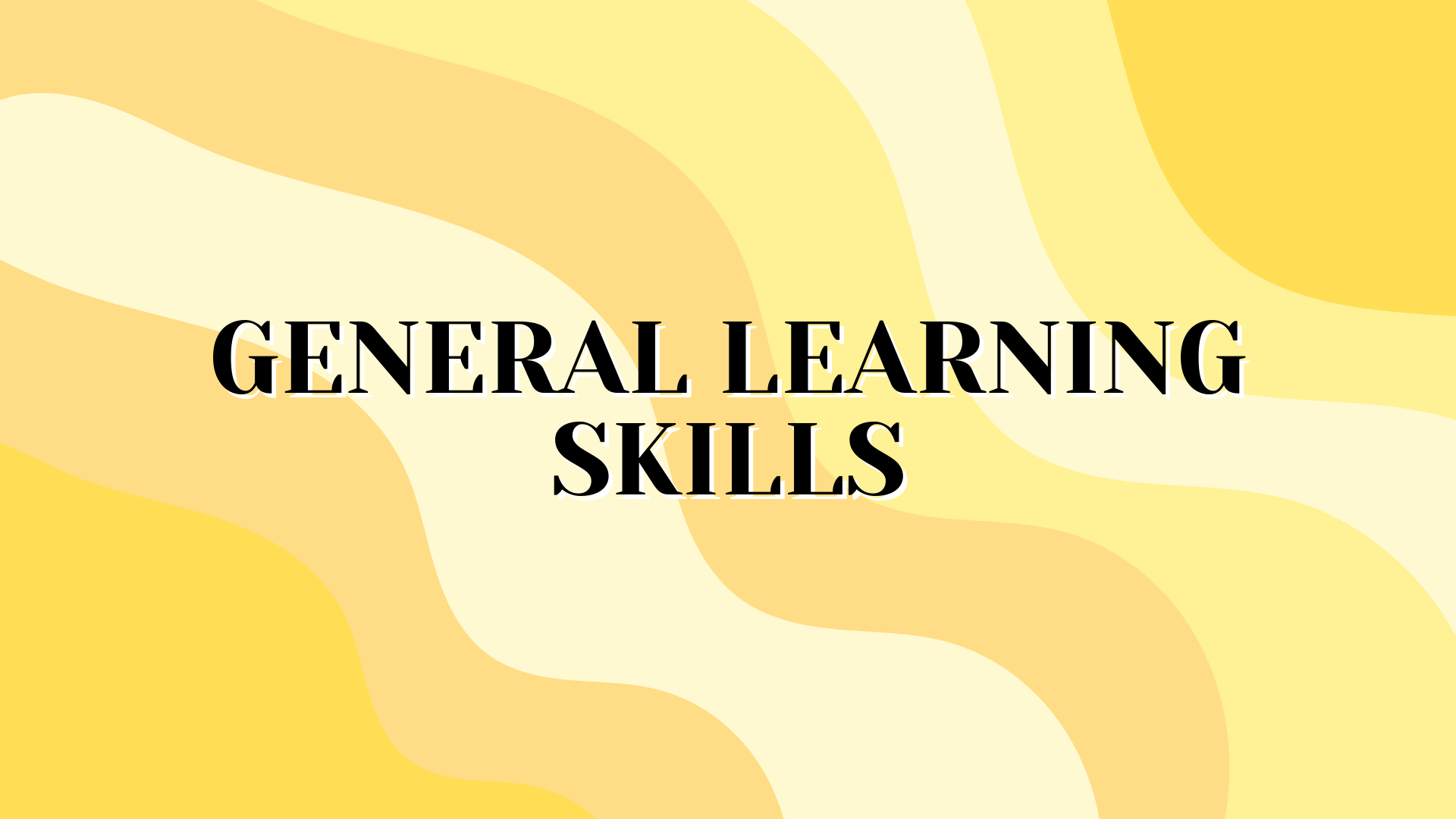5 General Learning Skills
Learning Objectives
By completing this section, you can:
- Reflect on previous learning experiences.
- Identify and employ a variety of learning skills.
- Create a plan for attending classes.

“I am still learning.”
quote by MICHELANGELO, AGED 87
It is important to remember that regardless of what you are learning, there will be a learning curve that must be navigated. There is no right or wrong way to learn, so understanding strategies to help develop and implement learning skills can make the process of learning a more enjoyable experience.
The Nine Principles of Learning
“The Nine Principles of Learning” created by Kendra Hart at University of Windsor. A review of the nine principles of learning, as outlined by Alexander, P. A., Schallert, D. L., and Reynolds, R. E. in “What is learning anyway? A topographical perspective considered“
Consideration of Prior Learning Experiences
Reflection Exercise
- Reflect on the classes you have taken before.
- Which classes did you like? Which did you not like? What was it about these classes that affected your opinion on them?
- Ask yourself questions about the way you learn best to get a better understanding of how to go through course material.
- What form of studying helps me understand materials best?
- E.g., reading material multiple times, having material be explained, explaining concepts to others, writing out information, working in groups, practice problems, etc.
- What form of studying helps me understand materials best?
Tips for Academic Success
Attending Class
Regularly attending class helps you maintain a routine, hold yourself accountable, and ensure you don’t miss any important information that lecture slides may not contain. If your class has synchronous components, then that means you are attending a live session, whether online or on campus. If your class has asynchronous components, that means you are expected to complete work on your own within some timeframe… this can be especially challenging for those who have difficulty with time management, so if this is you, be sure to check out the online learning and time management sections of this module.
Be Prepared
- Decide how you are going to take notes and bring required materials (e.g., laptop + charger, extra pens and paper, high lighters, etc.)
- Reviewing your readings prior to class primes you for the material covered in class and will help you meaningfully engage in the course instead of trying to remember every word your instructor says.
- Make note of questions or confusing concepts so you can seek clarification if necessary.
Pay Attention
We know it’s difficult to maintain your attention sometimes, especially when there are so many opportunities for distraction. This is true both online and in-person — distractions are everywhere.
- Turn your phone on silent or do not disturb and put it away for the duration of class.
- Turning off your smartwatch notifications might also be useful.
Engage!
- Although it may be intimidating to ask or answer questions in class, especially in large courses, engaging with other students and professors at lectures can help expand on the learning material.
- Students who pay attention and stay engaged report more positive learning experiences and get more out of their education.
- Discussions and activities in the classroom (both among students and between instructors and students) lead to greater mastery of the material, often contributing to stronger performance.
- Establishing connections with your professors and peers can help foster a greater sense of belonging, enhance your engagement, and even inspire your intrinsic motivation.
Videos Highlighting General Learning Skills
Note Taking Strategies:
Strategies for Reading:
Chapter Progress

The course of a person's progress in gaining experience or new skills
Synchronous learning refers to a learning event in which an instructor and a group of students are engaging in learning at the same time.
do not occur in the same place or at the same time
A form of motivation that occurs when actions are performed for personal satisfaction instead of due to external factors.

